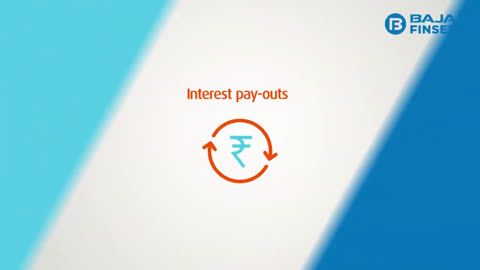When planning for retirement, it is crucial to understand the different savings schemes available to you. Two prominent retirement schemes in India are the Employee Pension Scheme (EPS) and the National Pension System (NPS). Each scheme offers unique features, benefits, and limitations, catering to various needs and preferences. In this article, we will discuss the details of EPS and NPS, comparing their structures, benefits, and suitability for different individuals to help you make an informed decision.






















